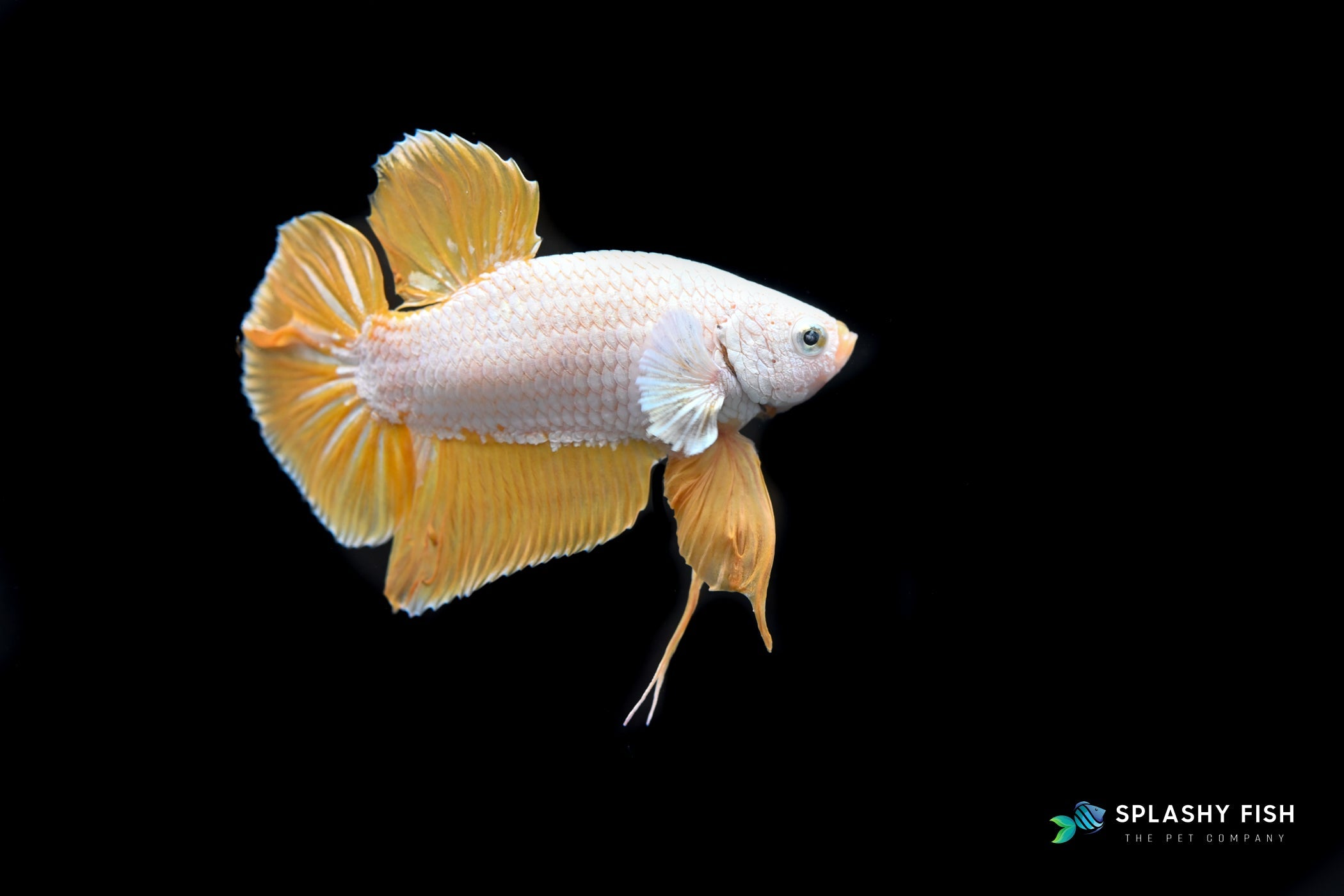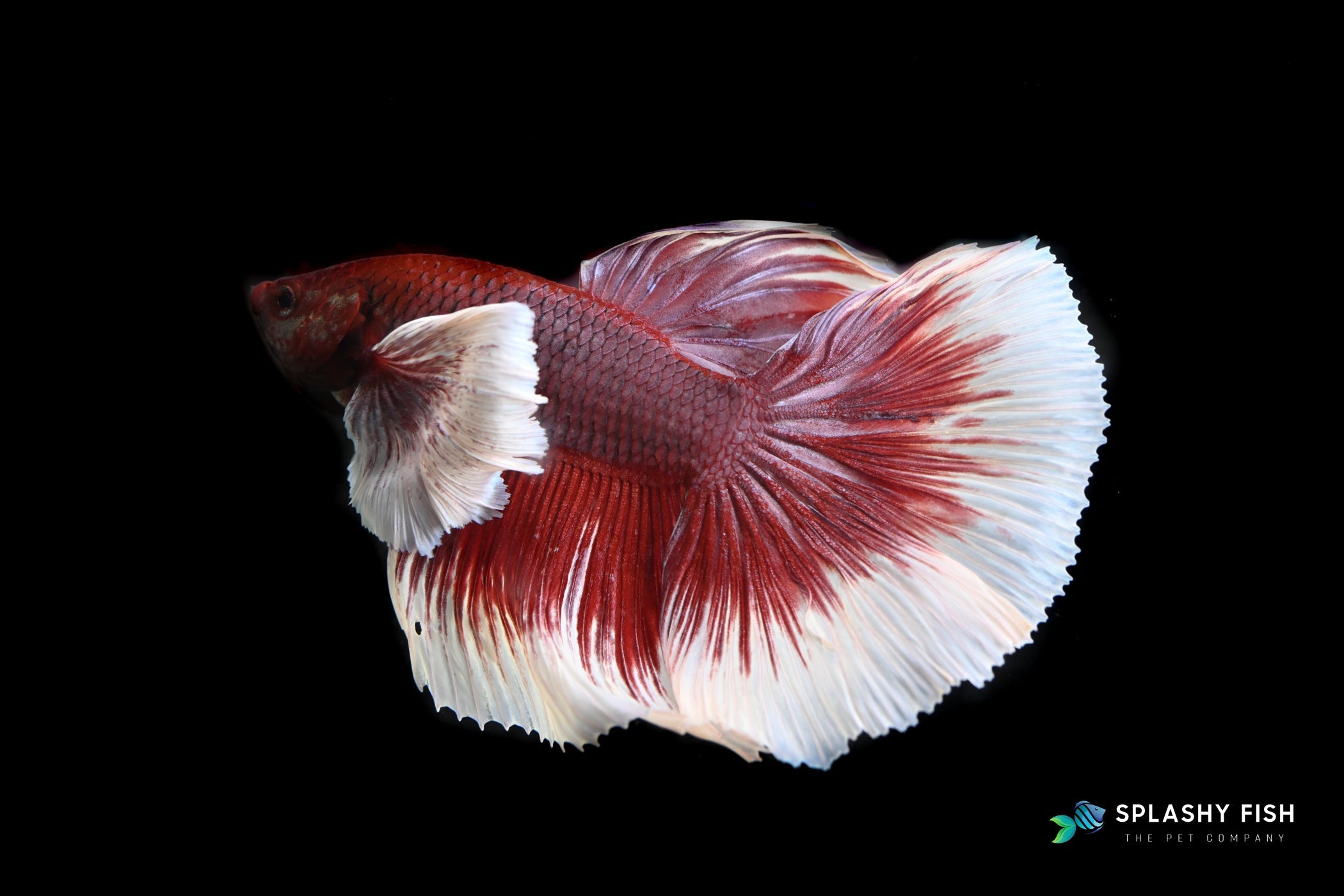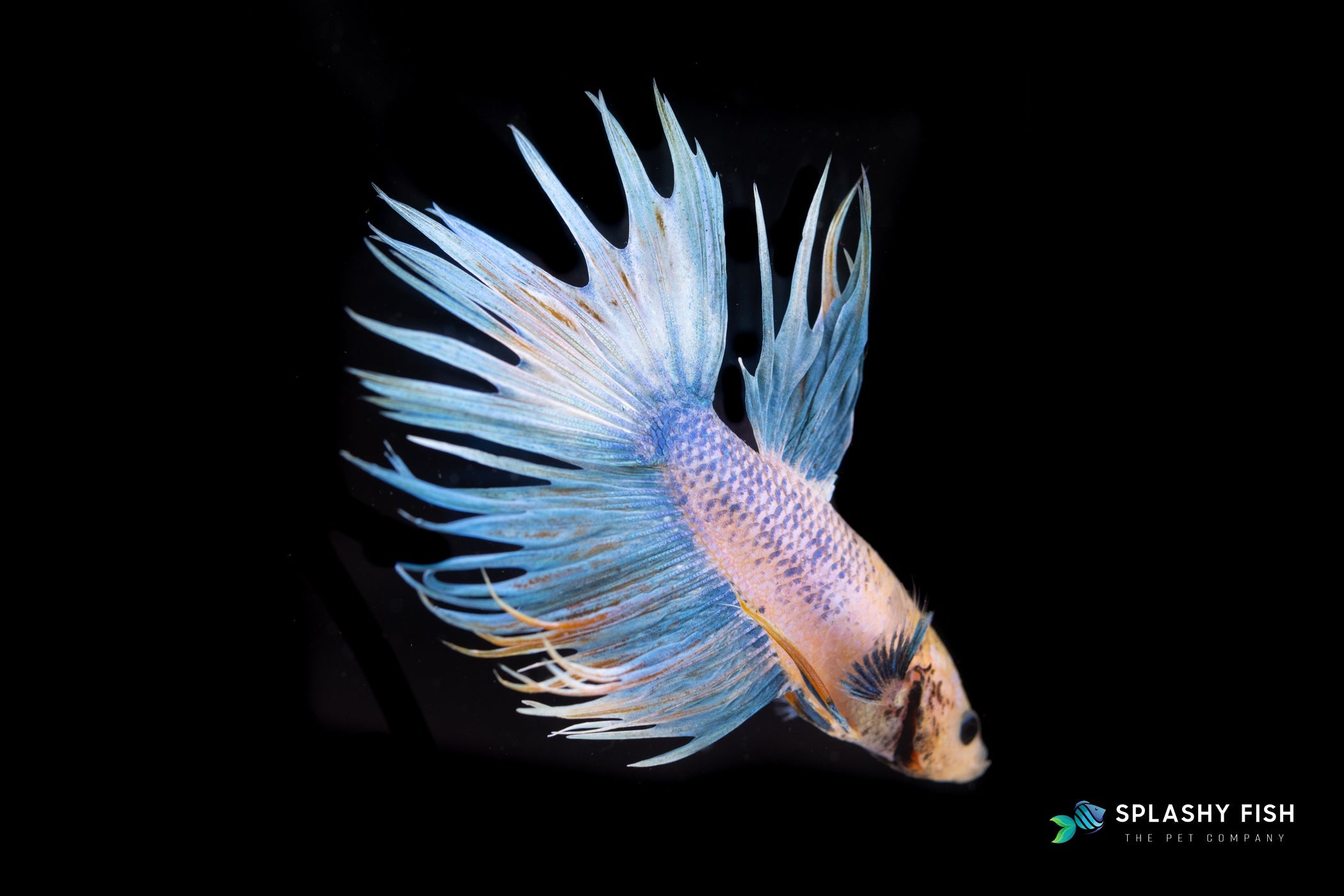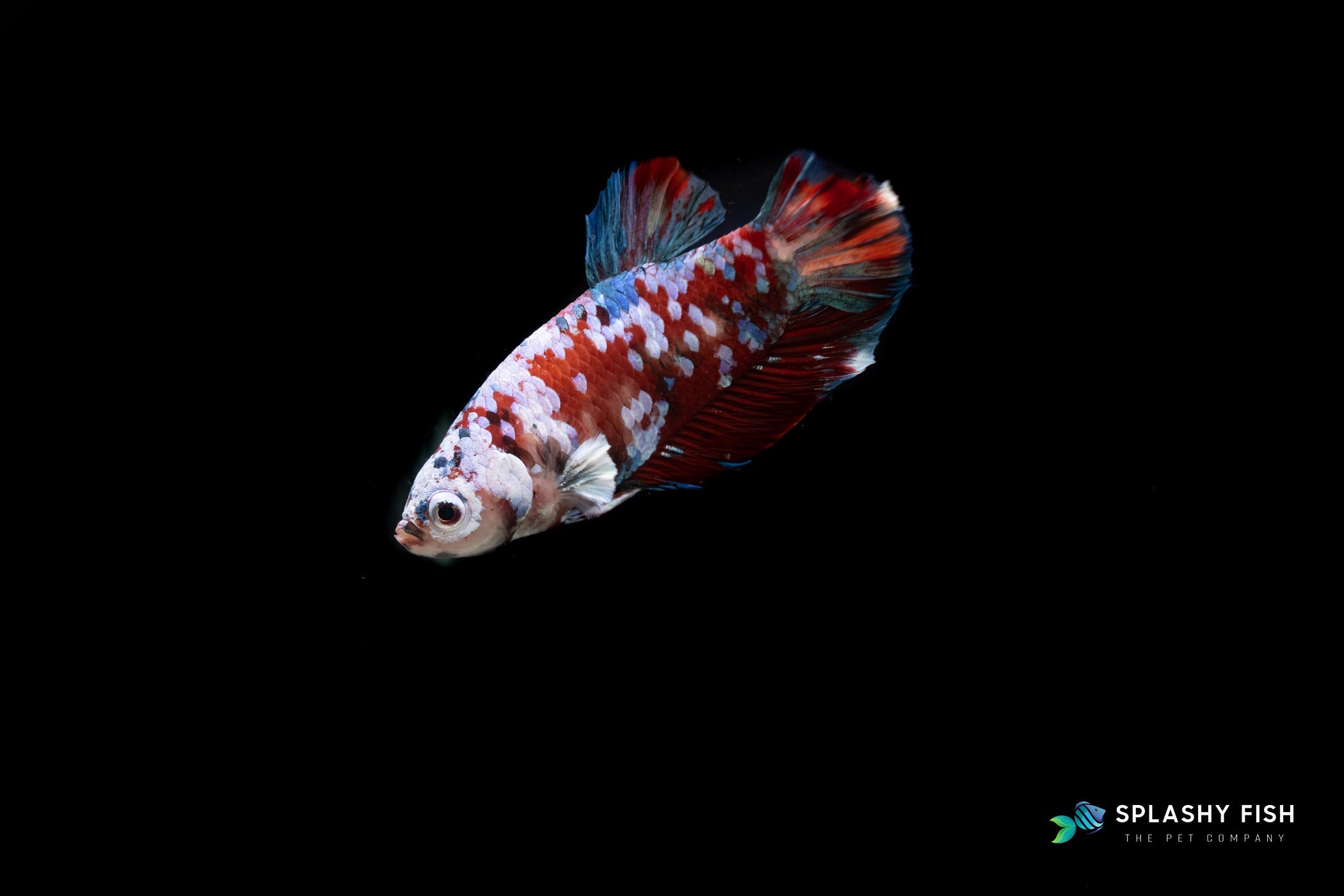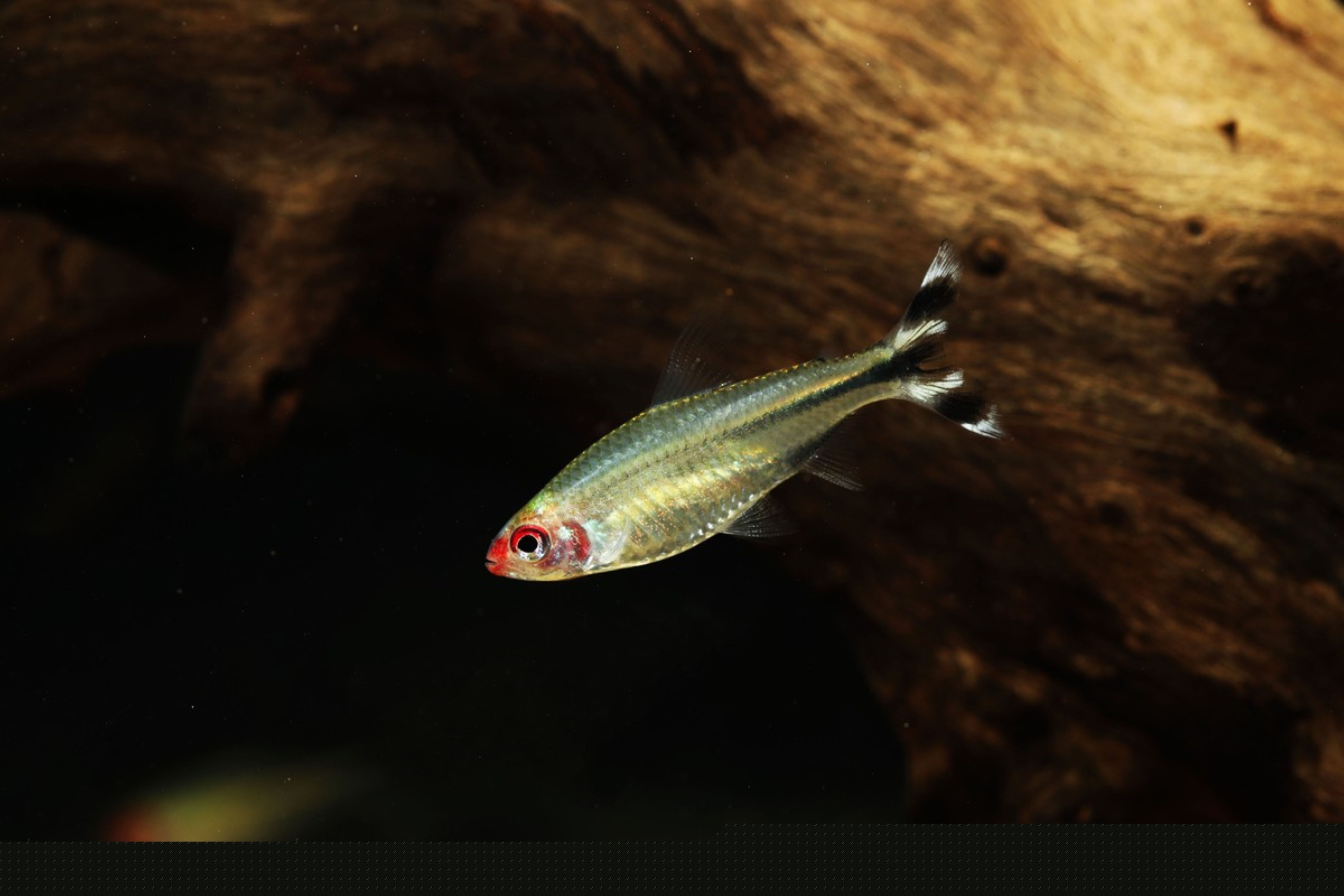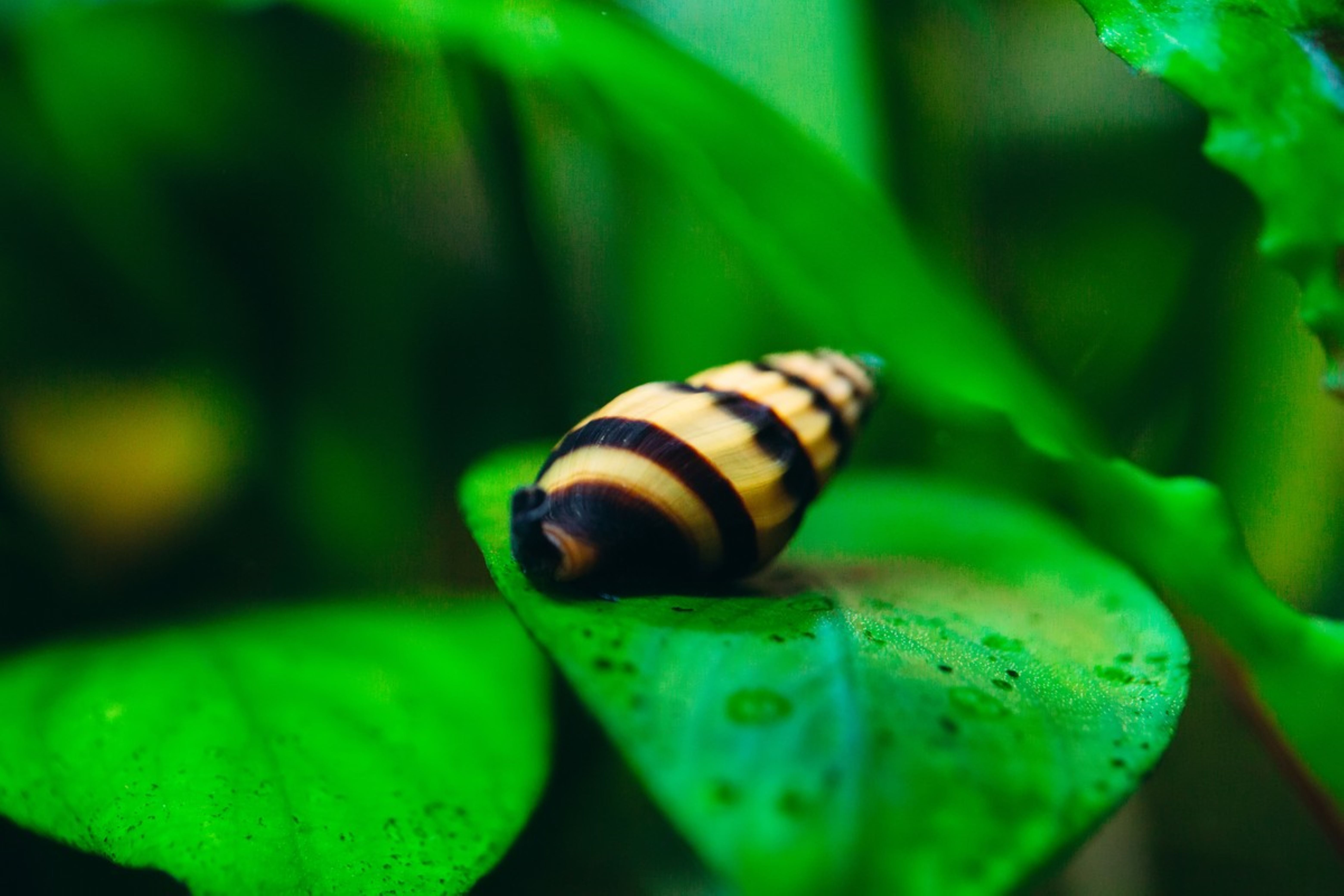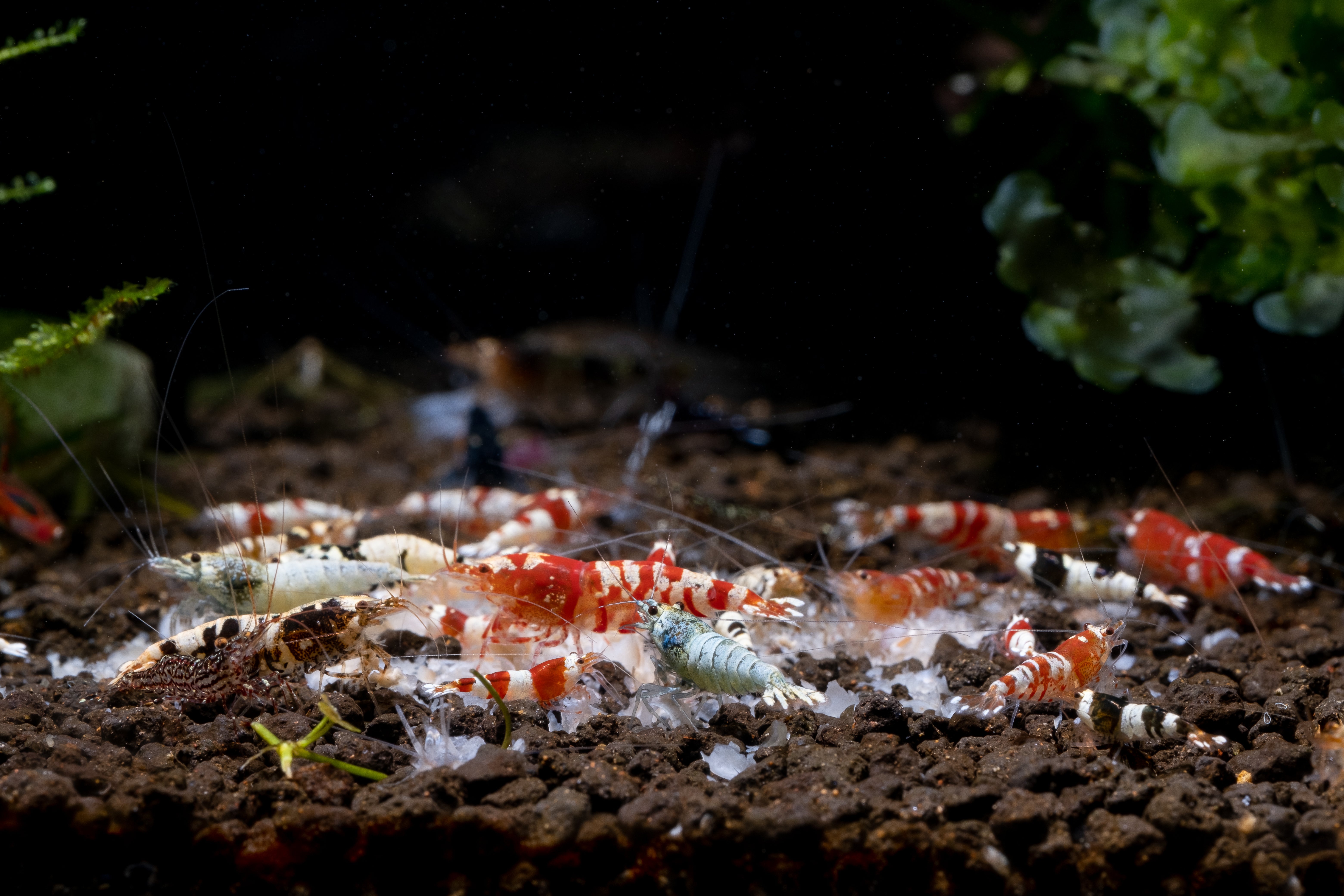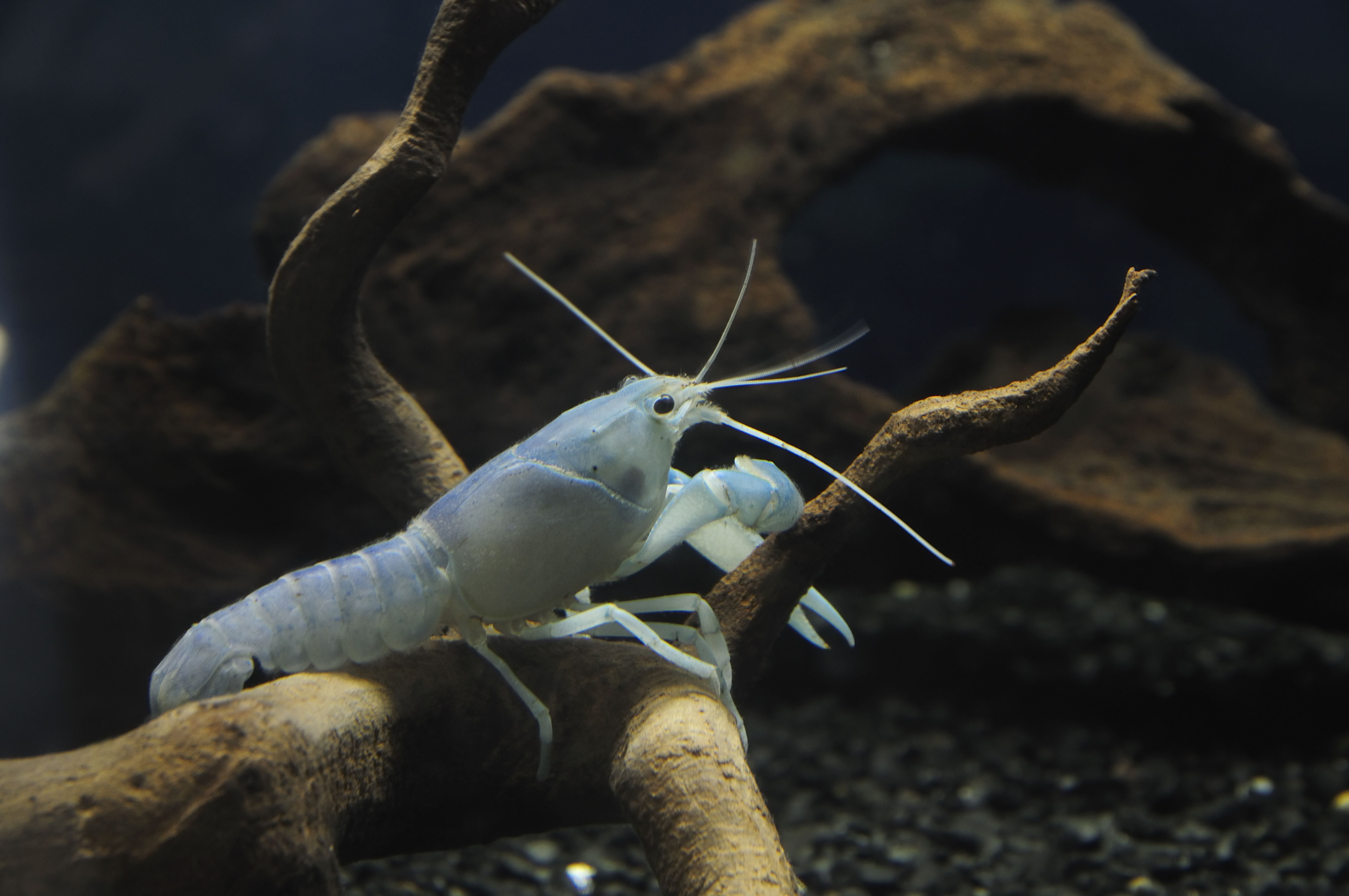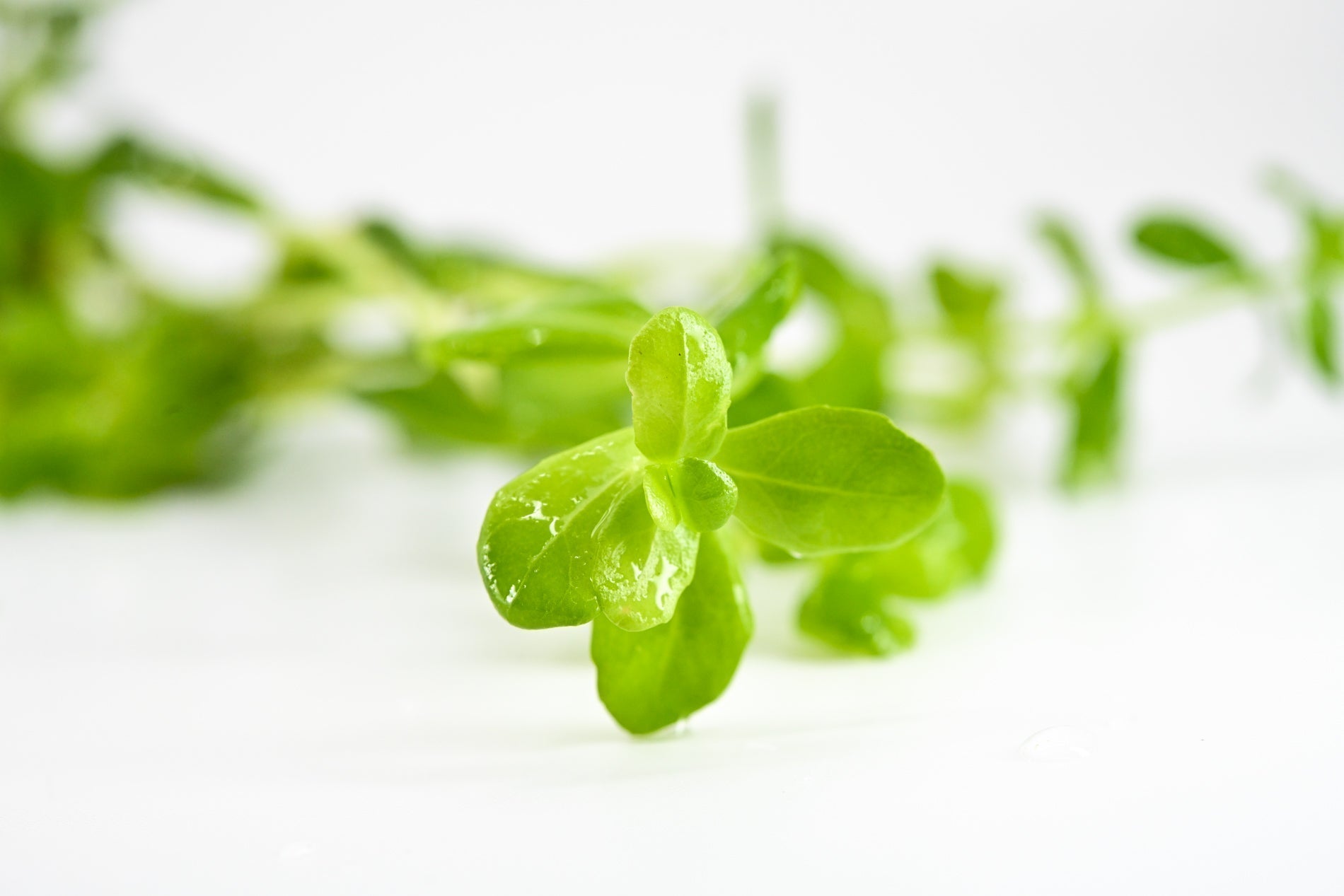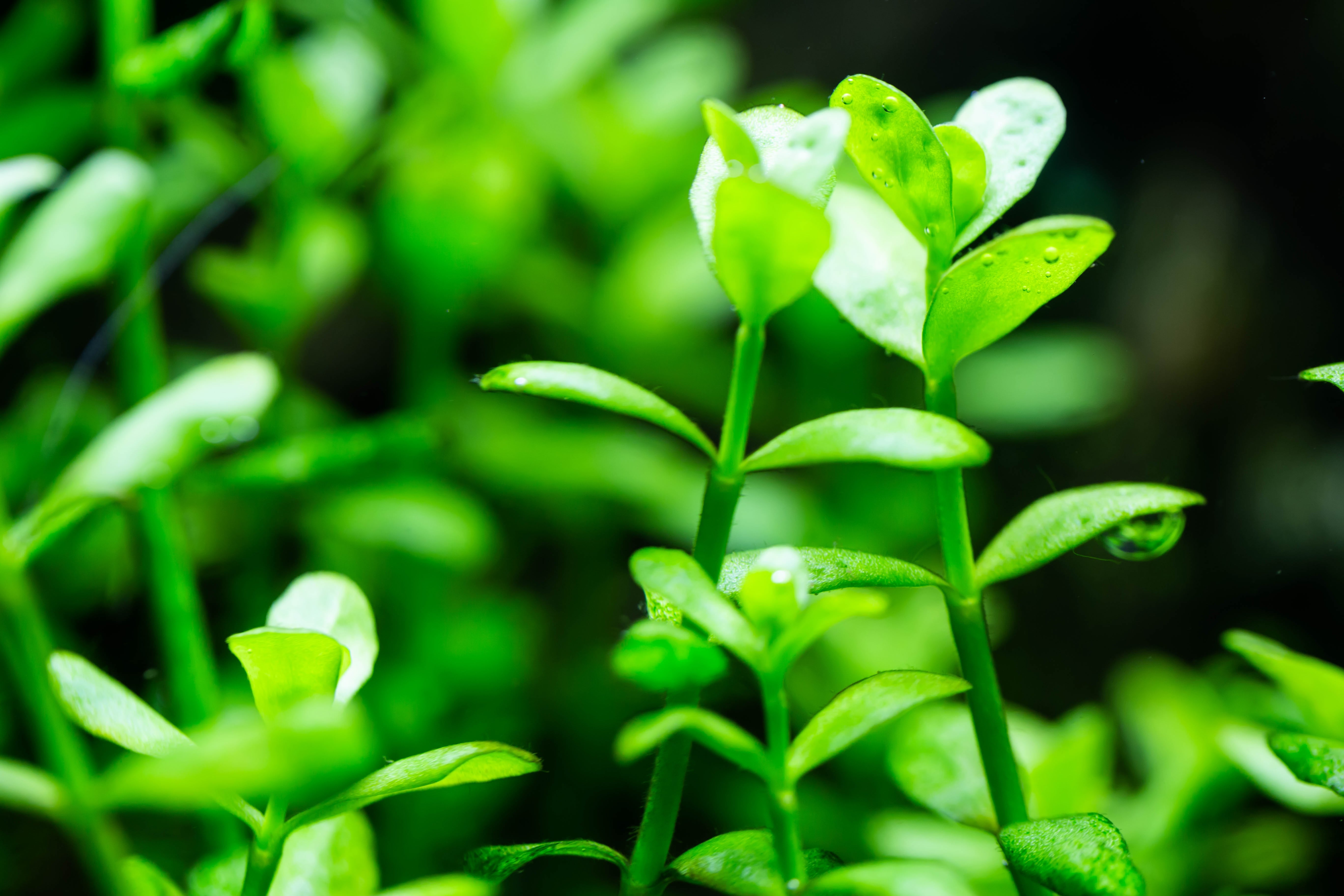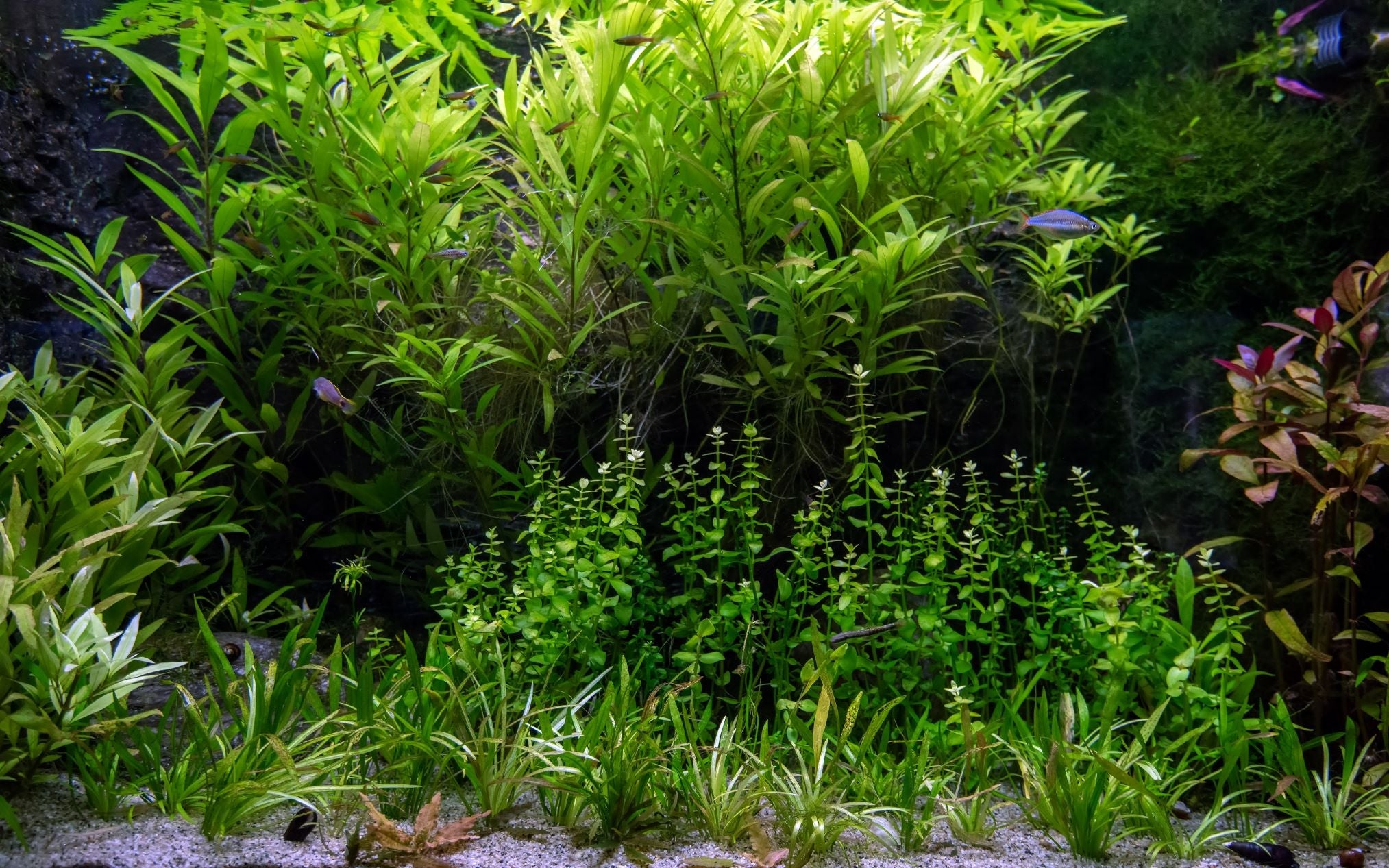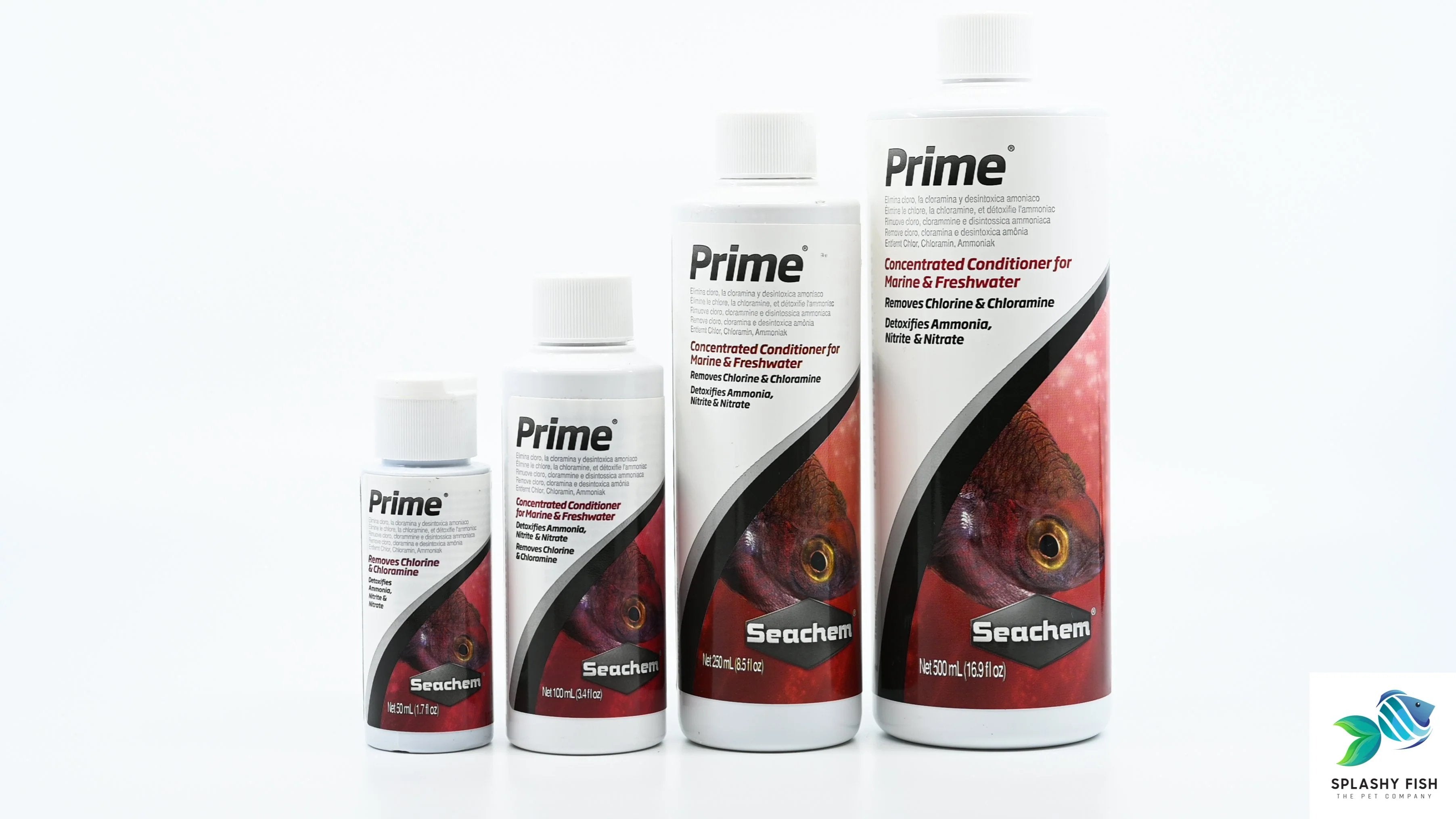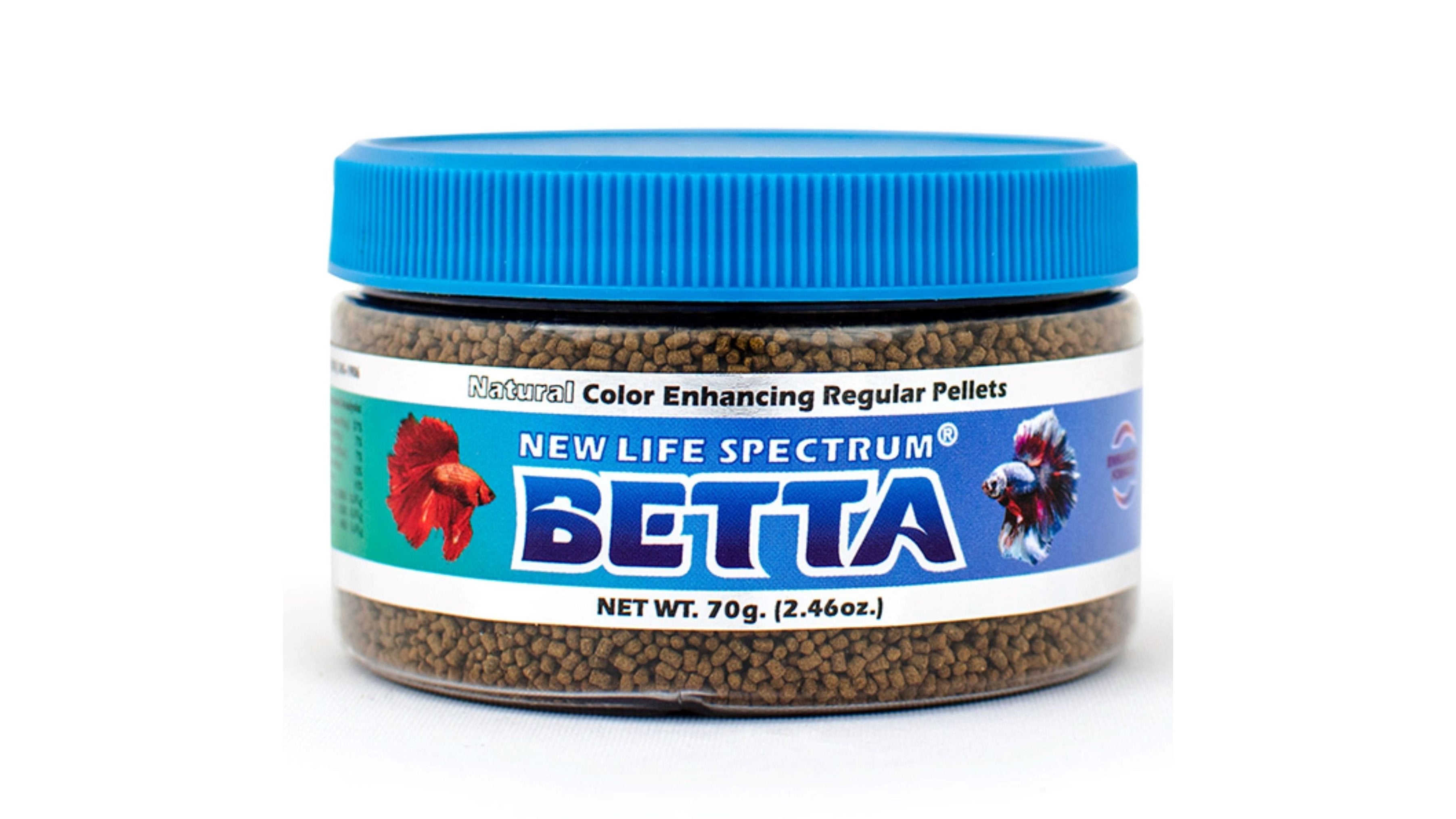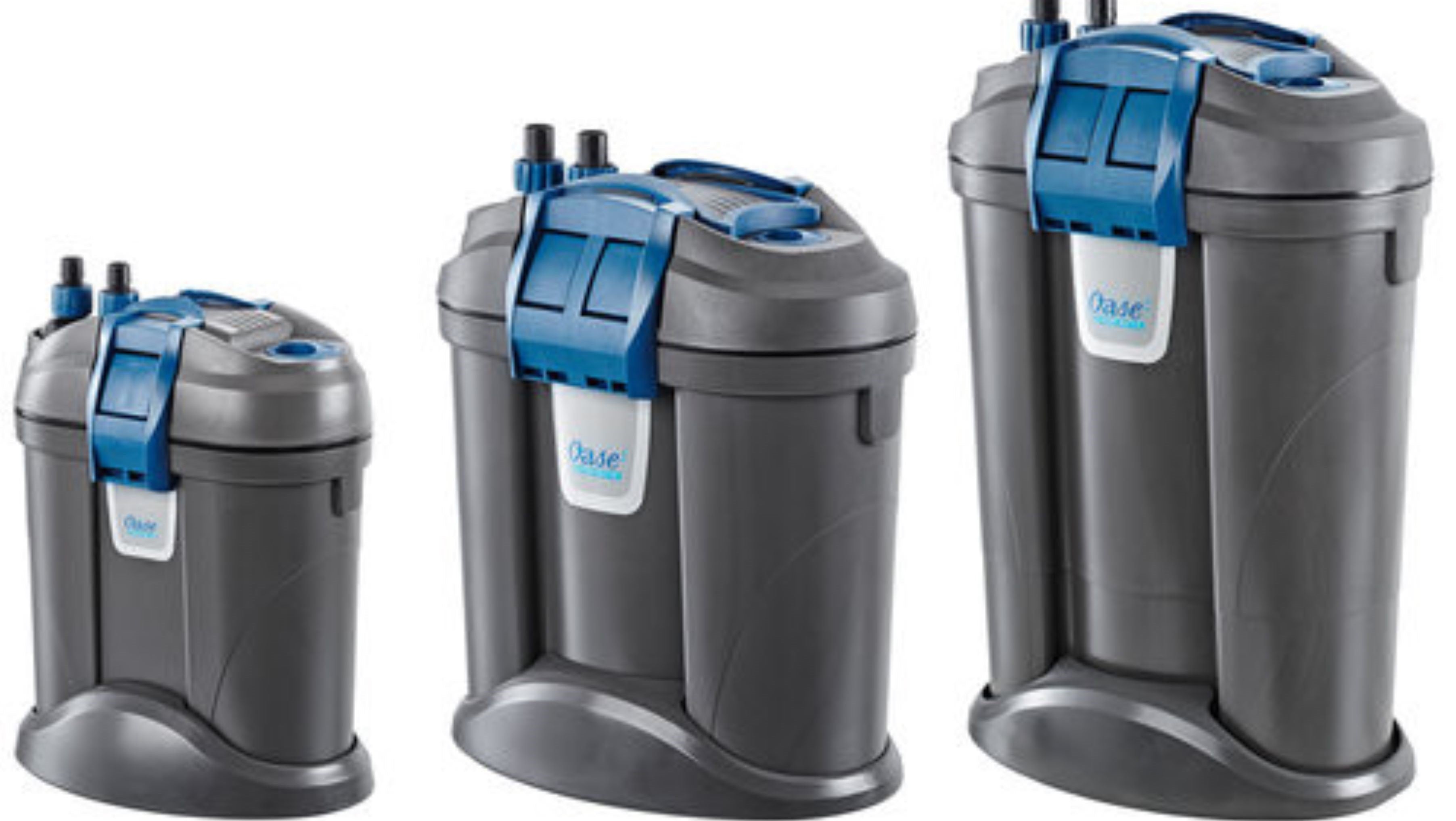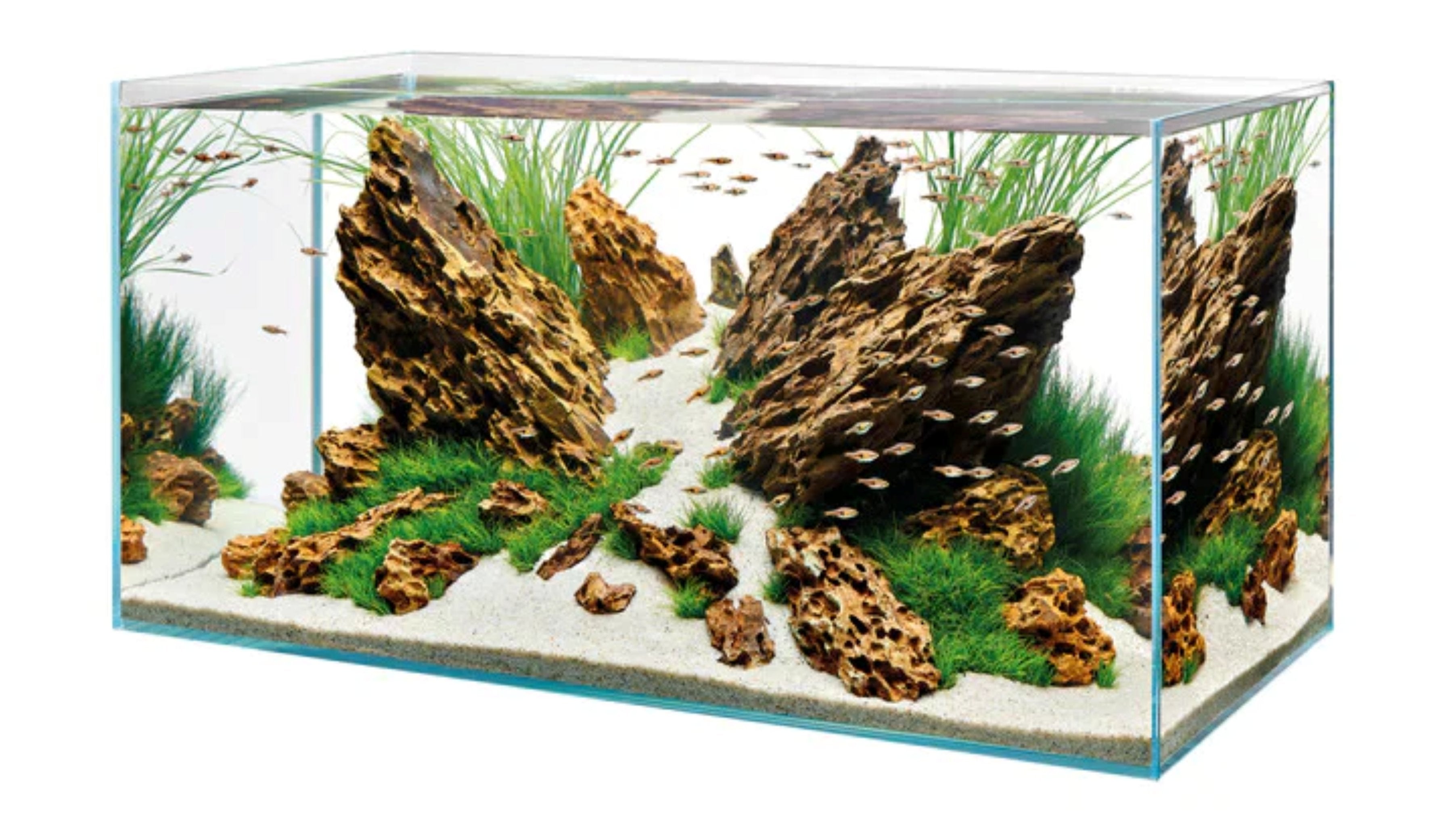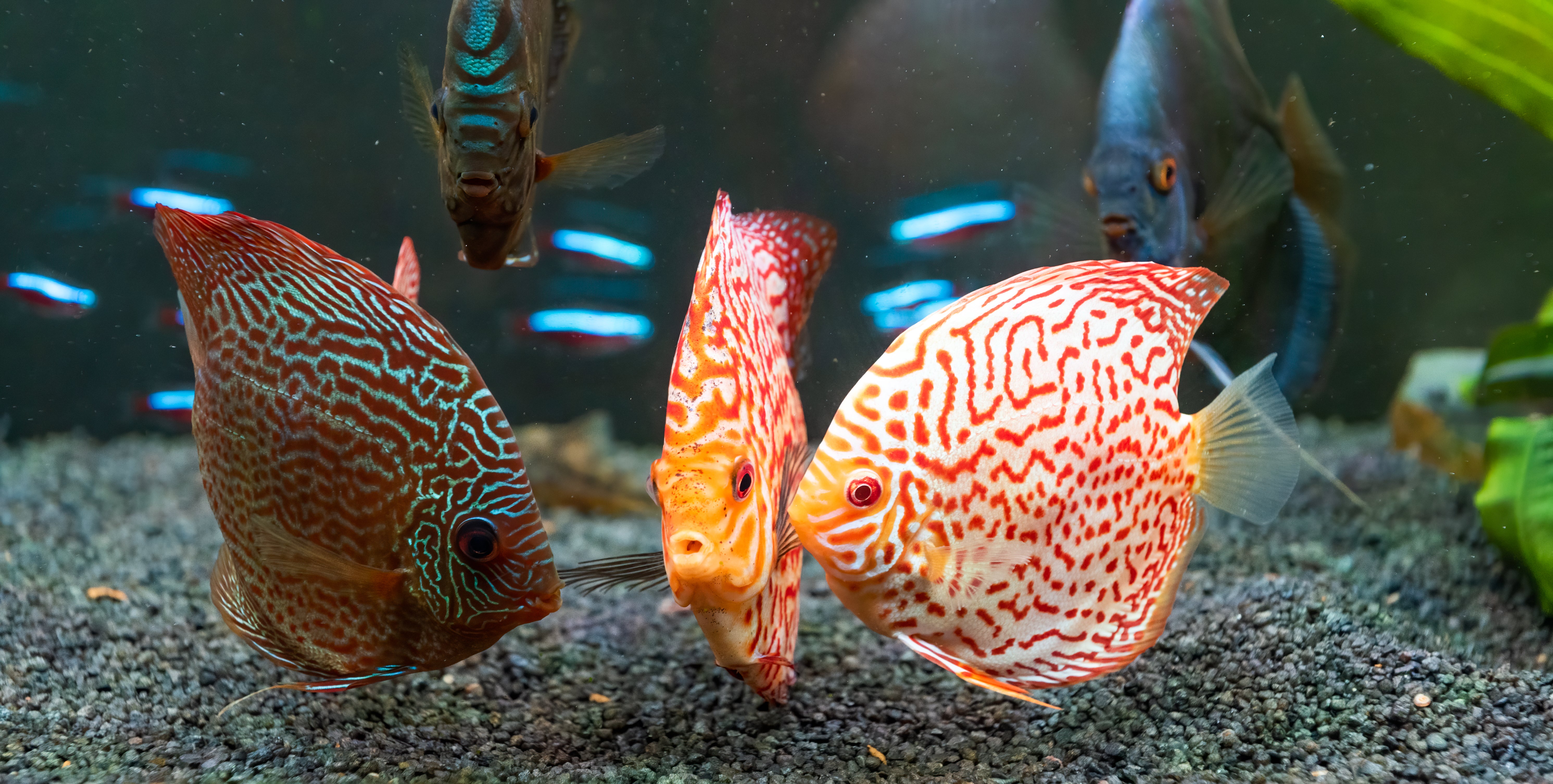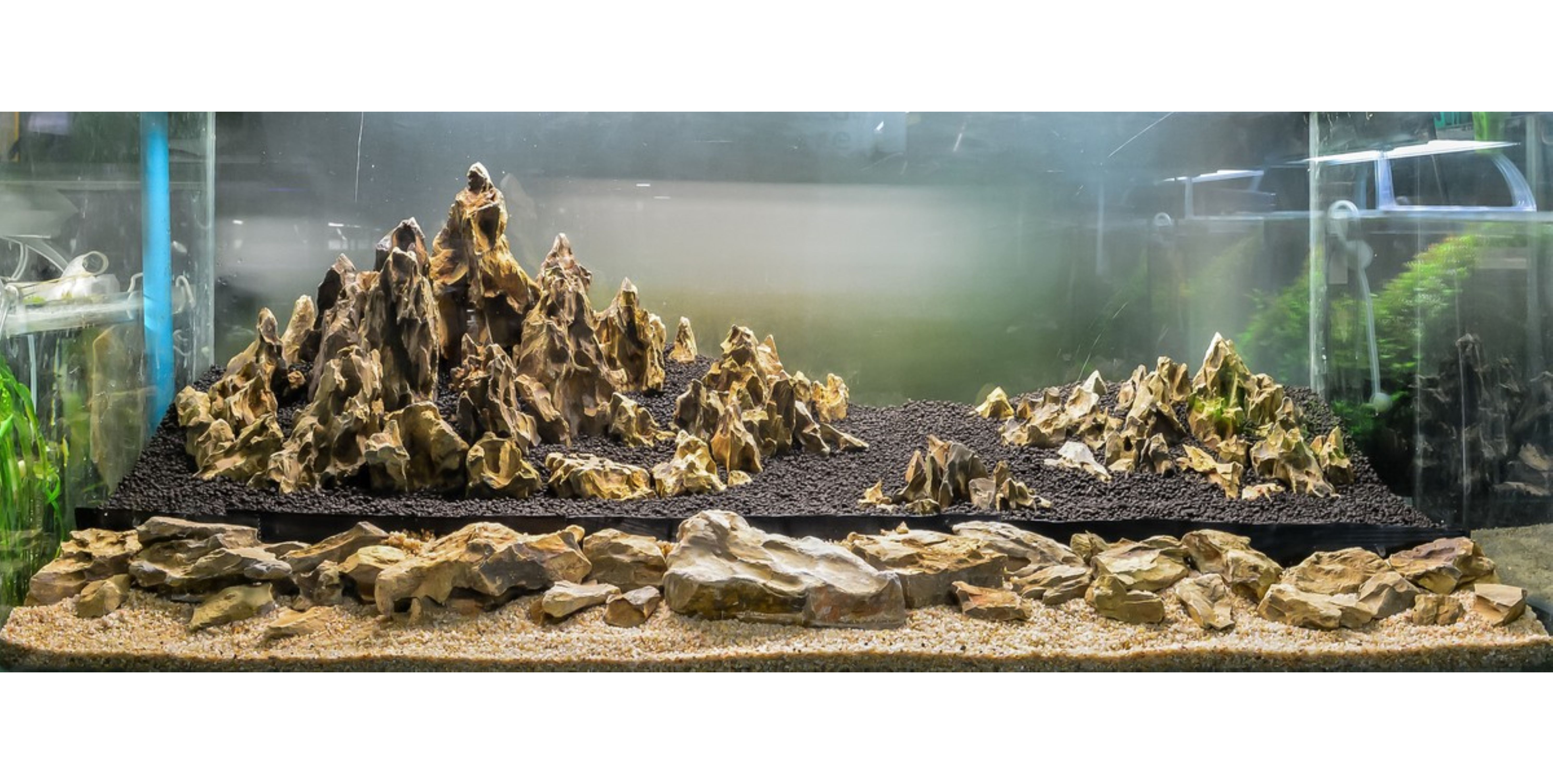Table of Contents
Are you curious about how long betta fish can live? In this ultimate guide, we will delve into the fascinating world of betta fish lifespan and uncover the secrets to ensuring your pet lives a long and healthy life. With their vibrant colors and elegant fins, betta fish are a popular choice among pet enthusiasts. But how long can these beautiful creatures actually live? From their natural habitat to the care they receive in captivity, there are several factors that can influence a betta fish's lifespan. Whether you're a beginner or an experienced betta owner, understanding the factors that impact their longevity is essential for providing the best possible care. Join us as we explore the average lifespan of betta fish and tips for extending their lifespan. By the end of this guide, you'll have all the tools you need to ensure your betta fish lives a long and happy life. So, let's dive in and discover the secrets of betta fish longevity!
What’s the Lifespan of A Betta Fish?
Betta fish, also known as Siamese fighting fish, are renowned for their vivid colors and dynamic personalities. In their natural habitat, bettas can live for around 2 to 3 years. However, with proper care, many betta fighting fish can live up to 5 years or even a bit longer in captivity. Understanding the expected lifespan of your betta fish is crucial for ensuring you provide the right care and environment to maximize their health and longevity.

Image of Crowntail Betta Fish
Factors that Affect Betta Fighting Fish Lifespan
Several factors can significantly influence the lifespan of your betta fish. By addressing these factors, you can help ensure your betta enjoys a longer, healthier life.
1. Water Quality
Water quality is paramount for the health of any aquatic life, and betta fighting fish are no exception. Poor water quality can lead to a range of health issues, including fin rot and fungal infections. Key elements to monitor include:
- pH Levels: Siamese fighting fish thrive in water with a pH range of 6.5 to 7.5. Fluctuations outside this range can stress your betta and lead to health problems.
- Temperature: Betta fish are tropical fish and prefer water temperatures between 80°F and 85°F. Sudden changes in temperature can be detrimental to their health.
- Ammonia, Nitrite, and Nitrate Levels: Regularly check these parameters. Ammonia and nitrite should be at 0 ppm, while nitrates should be kept below 20 ppm.
2. Tank Size and Environment
Betta fish are often kept in small bowls, but this is not ideal for their health. A minimum betta tank size of 5 gallons is recommended to ensure your betta has enough space to swim and thrive. Additionally, a well-maintained aquarium with proper filtration and regular water changes helps create a stable environment that supports a longer lifespan.
3. Diet and Nutrition
A balanced diet is crucial for your betta fish's health. Betta fighting fish are carnivores and require high-quality betta pellets or frozen foods such as bloodworms and brine shrimp. Overfeeding or feeding an improper diet can lead to obesity and related health issues. Feed your betta fish 1-2 times a day, providing only what they can consume in 2 minutes.
4. Genetics
Genetics plays a role in the overall health and longevity of betta fish. Betta fish bred for show purposes may have genetic predispositions that can impact their lifespan. When purchasing a betta fish, consider reputable betta breeders or fish stores that prioritize healthy breeding practices.
5. Tank Mates and Social Interaction
While betta fish are known for their aggressive behavior towards other males, having compatible tank mates or appropriate environmental enrichment can positively affect their well-being. Avoid overcrowding, ensure any tank mates are peaceful, and won't stress your bettas. Visit here to explore the Top 5 Tank Mates for Betta Fish Tank.
Average Lifespan of Betta Fish
The average Siamese fighting fish lifespan is around 2 to 4 years, with some reaching up to 5 years with optimal care. Betta fish kept in small bowls or inadequately maintained tanks may have shorter lifespans due to stress and poor water conditions. On the other hand, bettas in well-maintained aquariums with proper care can often reach the higher end of this range.
How to Extend the Betta Fish Life Expectancy
Extending your betta fish's lifespan involves a combination of proper care, environmental management, and attention to their needs. Here are some actionable tips:
1. Invest in a Quality Tank Setup
Opt for a fish tank that offers enough space and includes an aquarium filter to maintain clean water. An aquarium heater is also essential for maintaining the ideal temperature range. Ensure the tank has a secure lid to prevent escape and reduce stress.
2. Regular Water Changes
Perform partial water changes (about 25% of the tank volume) weekly to maintain water quality. Use a water conditioner to remove harmful chemicals from tap water and monitor water parameters regularly.
3. Feed a Balanced Diet
Choose high-quality betta fish food and avoid overfeeding. Supplement their diet with occasional treats to provide variety and essential nutrients.
4. Monitor Health and Behavior
Keep an eye on your betta fish's behavior and appearance. Signs of illness may include changes in color, lethargy, or unusual swimming patterns. Promptly address any health issues with appropriate treatments.
5. Minimize Stress
Create a stress-free environment by providing hiding spots like aquarium decor, such as aquatic plants, rocks, or driftwood, and reducing sudden changes. Avoid tapping on the tank and ensure any tank mates are compatible.

Proper Betta Fish Care and Maintenance
Proper care and maintenance are crucial for the well-being of your betta fish. Here are some key aspects to focus on:
1. Tank Setup
- Size: A minimum of 5 gallons is recommended.
- Filtration: A gentle sponge filter helps maintain water quality.
- Heating: Use an adjustable heater to keep the temperature stable.
- Aquarium Decor: Provide aquarium plants and hiding spots to create a stimulating environment.
2. Feeding
- Diet: Use high-quality betta fish food and supplement with occasional live or frozen foods.
- Feeding Schedule: Feed 1-2 times daily, offering only what can be consumed in 2 minutes.
3. Health Monitoring
- Appearance: Watch for changes in color, fin condition, and overall appearance.
- Behavior: Note any changes in activity levels or eating habits.
4. Water Management
- Testing: Regularly test for ammonia, nitrite, nitrate, and pH levels by using water testing kits
- Water Changes: Perform weekly partial water changes.
Tips for Keeping Your Betta Fish Happy and Healthy
- Provide Enrichment: Use aquarium fish decor and live aquatic plants to create a stimulating environment.
- Avoid Overcrowding: Ensure the aquarium tank is not overpopulated with fish or decorations.
- Regular Interaction: Spend time observing your bettas and engage with them using appropriate toys or objects.
- Maintain Consistency: Keep the tank conditions stable and avoid sudden changes.
Conclusion
Betta fish are captivating and resilient pets, but their lifespan is heavily influenced by the care they receive. By understanding the factors that affect their longevity and implementing the best practices for their care, you can help ensure your betta fish lives a long, happy, and healthy life. From proper tank setup to a balanced diet and regular health monitoring, every aspect of betta fish care contributes to their overall well-being. By following the tips outlined in this guide, you’ll be well-equipped to provide the best possible environment for your betta fish and enjoy their vibrant presence for years to come.
At Splashy Fish tropical fish store, we offer a wide range of betta fish for sale and other aquarium products. Visit our fish store online or aquarium in Virginia with the map below for freshwater fish for sale, freshwater shrimp for sale, live aquatic plants for sale, and other aquarium supplies.
Betta Fish Frequently Asked Questions (FAQs)
How often should I change the water in my betta fish tank?
Perform partial water changes of about 25% of the tank volume weekly. This routine helps maintain water quality by removing toxins and excess nutrients. Regular water changes prevent the buildup of harmful substances like ammonia and nitrate, which can lead to health issues for your betta fish. Always use a water conditioner to neutralize chlorine and chloramines in tap water before adding it to the tank.
Can betta fish live with other fish?
Betta fish can be kept with certain peaceful tank mates such as Corydoras Catfish, Tetras species, Rasboras, Ghost Shrimp, and Otocinclus Catfish, but care must be taken to choose compatible species. Avoid tank mates like other bettas (especially males), aggressive fish, or fish with long, flowing fins that might provoke the betta’s territorial instincts.
What are the best freshwater plants for a betta fish tank?
Freshwater plants not only enhance the aesthetic of your tank but also provide essential benefits such as hiding spots, oxygenation, and natural filtration. Consider adding these aquatic plants to your betta fish tank: Java Fern, Anubias, Marimo Moss Balls, and Java Moss.


